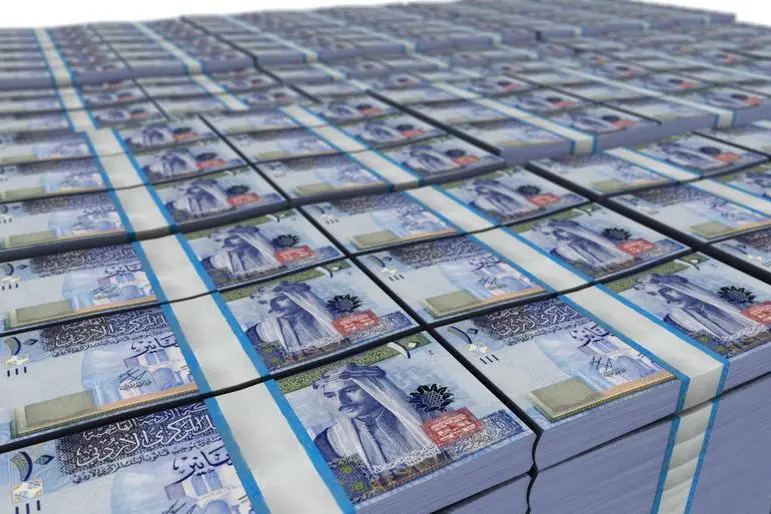PHOTO
AMMAN — The Lower House on Wednesday endorsed the 2024 state budget bill.
During a session chaired by Lower House Speaker Ahmad Safadi and attended by Prime Minister Bisher Khasawneh and Cabinet members, out of 114 lawmakers present, 89 approved the bill, the Jordan News Agency, Petra, reported.
Deputies discussed the bill in six sessions over three days, where 94 lawmakers out of a total of 130, including representatives of the House's blocs, took the podium to present their notes on the law.
Replying to MPs' remarks on the bill, Finance Minister Mohammad Ississ said that the inflation rate in the region and the world hovered around 2.08 per cent in 2023, and the prices of food items in the Kingdom maintained a relative stability, where the increase did not exceed 2.2 per cent until the end of last year.
Ississ said that fiscal data show that the budget deficit and general debt in Jordan are within safe limits, pointing out that the post-grant deficit in the general budget for 2023 stood at 5.2 per cent of the GDP.
As for the general debt, the minister said that it witnesses a gradual decline and is expected to stand at 88.3 per cent in 2024 compared with 88.8 per cent in 2022.
The 2024 state budget, endorsed by the government in late November, projects estimated public revenues of JD10.3 billion, reflecting an 8.9 per cent increase compared with the previous year.
Tax revenues are expected to surge by 10.2 per cent, reaching JD7.2 billion, while local revenues are estimated at JD9.6 billion, marking a 10 per cent increase from 2023, without imposing any new levies or increasing existing ones.
In terms of expenditures, the budget allocates JD10.6 billion for current expenses and JD1.7 billion for capital expenses. Capital expenditure, reaching about JD1.729 billion, is deemed the highest in history, demonstrating an 11.8 per cent increase from 2023 levels, the statement said.
Projections for the 2024 budget law indicate a decline in the current deficit to 6.5 per cent of GDP. This is attributed to improvements in the trade balance, heightened remittances from Jordanians abroad and an increase in foreign investments.
JT




















